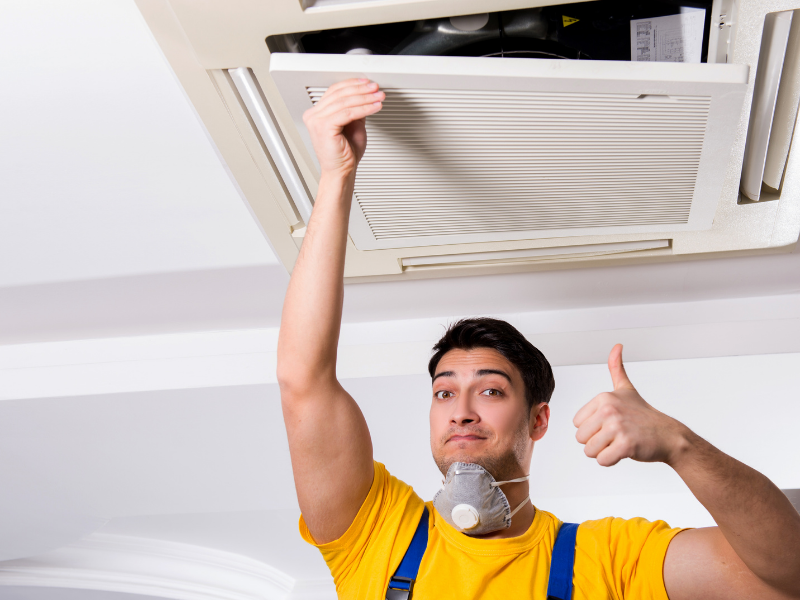When you talk to any HVAC expert about buying a new system, they’ll usually tell you how important it is to get the right size. After all, the wrong size for your home and your family’s HVAC usage can lead to inefficiency and even a shorter lifespan for the equipment. If you’re planning a home addition, that will definitely change the equation. Keep these factors in mind as you prepare for your remodeling projects, so that you can ensure your home’s heating and cooling can still keep pace with your life. Think about how does a home addition affect your HVAC needs.
How Large Is Your Home Addition?
Although there are many aspects that need evaluation when choosing HVAC equipment, square footage is one of the biggest. AC units and furnaces cover a range of sizes based on the climate and the equipment’s output. As a general rule, you’ll need to think about adding a second system or expanding your current one if your addition is more than 200 square feet. It’s important to get a thorough inspection and plan out HVAC sizing before you start building, however. Even small additions can change your cooling or heating load enough that you will need to install something extra.
Does Your Existing AC or Furnace Need Replacement?
In many cases, homeowners decide to add onto their homes after living in it for a couple of decades. If your heating and cooling equipment is at least that old and you know you will be expanding it, you may want to consider HVAC replacement instead. Home improvements raise different questions for new equipment than the old debate between buy vs. fix. Replacement might be more expensive, and it may even be unnecessary. But if it’s on its last legs, you can tailor new equipment to suit your home the way it will be when construction is complete.
What Is the Condition of Your Ductwork?
Replacing your air conditioner or furnace when you already have ductwork seems like a simpler prospect, but not when you throw a home addition into the mix. Many homes have leaky ductwork that compromises efficiency and leaves uncomfortably cold or stuffy spots throughout the home. When you try to add new, larger appliances without addressing the problem, you’re not likely to have a great result. Before you make a decision about the best system for your home, ask a professional to inspect your ductwork to determine whether it will work.
How Will Your HVAC Needs Change?
When you start to plan out your home addition, you can probably expect that your heating and cooling needs will increase. But there are certain types of additions that can significantly shift the way that you condition your home. For example, a sunroom addition may need more cooling and heating than you would expect for another room of a similar size. If you’re planning to add a hot tub or sauna room, you’ll have higher humidity to manage on top of these San Antonio summers. A multi-stage cooling system may help to control the humidity without turning your home into an icebox. Otherwise, you may need a dehumidifier to keep the moisture from ruining your walls.
Do You Have Room for Additional Equipment?
As you review layout ideas for your addition, you should confirm that you have the space for any new equipment you’ll need, especially for larger renovations like a second story addition or an accessory dwelling unit. Your comfort in the home hinges on your ability to keep the new rooms suitably cool or warm. In some cases, you may need to add a second system that is completely separate. Making space for a mechanical closet for a second air handler or furnace expands your options.
Are You Looking for Zoned Heating and Cooling?
Zoned heating and cooling is a great option for larger homes, and it might be the right fit for your home addition. With this type of system, you can create different temperature settings for various parts of the home. It’s ideal for rooms that need special conditioning, like long-term food storage or a wine cellar. You’ll definitely need it if you’re adding an in-law suite or a space to run your business. Most of the time, multiple-zoned systems are the best route to zoned HVAC. You can also consider installing a commercial mini-split, a practical choice for rental properties.
Your home addition will be much more comfortable if you hire the experts at North East Air Conditioning, Heating & Plumbing for your HVAC needs. For more information, call us at (210)658-0111.


